“I like everything by the sea. Hai Phong has the sea and old buildings with French architecture, so there is something very special. In France, my grandmother also lived in the South, by the sea. Maybe that is why she likes Hai Phong,” Bibonne said.
Sharing with RFI, Bibonne said that he initially planned to make a film about Vietnamese football. But then, many circumstances led him to choose music, landscape, and culture to introduce Vietnam to the world, as a continuation of a journey to find his roots. During the filming process, he went to Pleiku, Kon Tum to meet the Ba Na ethnic people, then to Binh Lieu (Quang Ninh province) to meet the San Chay ethnic people. They sang for him.
And as if inspired, Bibonne continued to incorporate traditional Vietnamese music into Once Upon a Bridge II, continuing to connect traditional instruments with Western ones. He participated in the story as a character, bringing his passionate outsider perspective into the emotional journey of discovering Vietnamese faith, identity and spirit through football.
François Bibonne and the San Chay people in Binh Lieu, Quang Ninh province, Vietnam. Photo: FRANÇOIS BIBONNE
Bibonne studied History at Paris 1 Panthéon-Sorbonne and worked as an intern in the field of communications and marketing before turning his passion to filmmaking. In 2018, after his grandmother passed away, he came to Vietnam for the first time to learn about his homeland and started his passion from there. Once Upon a Bridge in Vietnam is his first documentary film, about 30 minutes long, created after 15 months of living and filming in Vietnam during an extended stay due to the Covid-19 pandemic.
Inspired by classical piano and rubato, he used his knowledge of music and history, combined with filmmaking techniques to create a “rhythm” for the film, highlighting the exploration of Vietnamese classical music and the exchange with Western music. Once Upon a Bridge in Vietnam later won the Best Short Documentary award at the 2022 Los Angeles Film Festival and was screened in many places such as Vietnam, France, the UK and the US. The film was also screened at the 2023 Vesoul International Festival of Asian Cinema, competing in the Documentary category.
After completing Once Upon a Bridge in Vietnam (2022-2024), inspired by his grandmother's name, François Bibonne officially established Studio Thi Koan in France to promote musical and cultural exchanges, produce documentaries exploring Vietnamese culture to strengthen the connection between Vietnamese artists and international audiences. This is a place to hold concerts and events combined with cultural experiences; mainly exploiting the topics of music, culture, sports, and French-Vietnamese artistic exchanges. He said that the name "Thi Koan" bears the mark of his family and personal inspiration, and symbolizes the spirit of connecting East and West cultures.
Part 2 of the film continues the journey of exploring Vietnamese culture through the national sport of football. Bibonne is hoping to be able to submit the film in time for the 32nd International Festival of Asian Cinema Vesoul, taking place in France (from January 27 to February 3, 2026).
François Bibonne is a unique model of independent directors, with a journey connecting two cultures, France and Vietnam, through music, culture and football. From the first project starting with classical music, to moving to football and the spirit of Vietnamese sports, Bibonne not only tells a personal story but also tells about a multi-dimensional country, both traditional and modern, keeping its roots but still spreading globally.
HAPPINESS
Source: https://www.sggp.org.vn/tiep-noi-hanh-trinh-tim-ve-nguon-coi-post804537.html


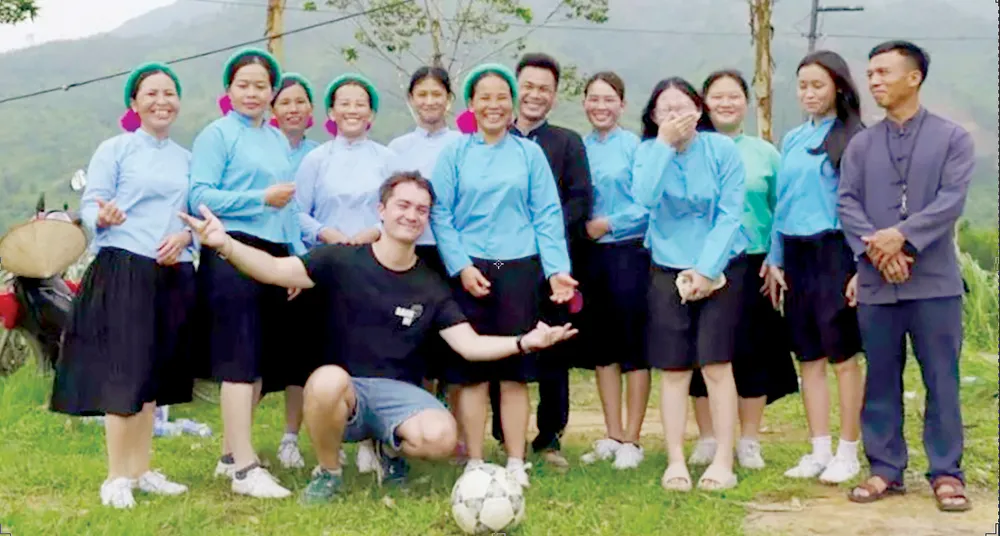
![[Photo] 60th Anniversary of the Founding of the Vietnam Association of Photographic Artists](/_next/image?url=https%3A%2F%2Fvphoto.vietnam.vn%2Fthumb%2F1200x675%2Fvietnam%2Fresource%2FIMAGE%2F2025%2F12%2F05%2F1764935864512_a1-bnd-0841-9740-jpg.webp&w=3840&q=75)
![[Photo] National Assembly Chairman Tran Thanh Man attends the VinFuture 2025 Award Ceremony](/_next/image?url=https%3A%2F%2Fvphoto.vietnam.vn%2Fthumb%2F1200x675%2Fvietnam%2Fresource%2FIMAGE%2F2025%2F12%2F05%2F1764951162416_2628509768338816493-6995-jpg.webp&w=3840&q=75)




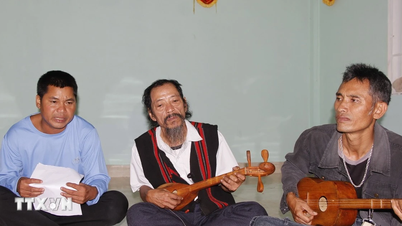

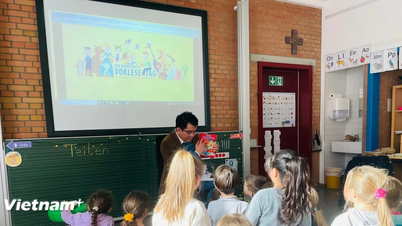
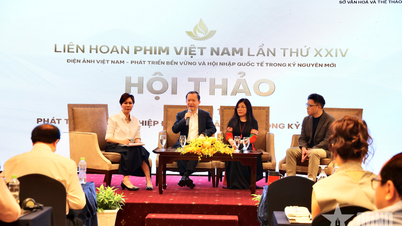

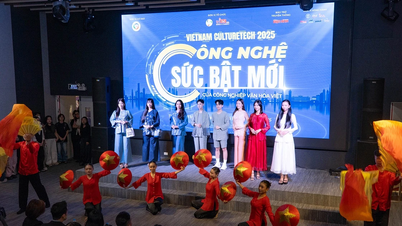

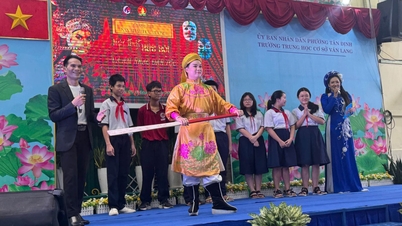

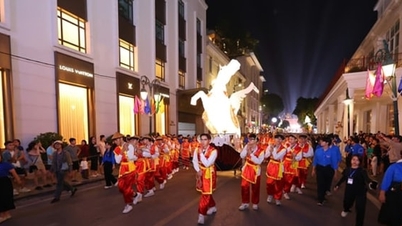





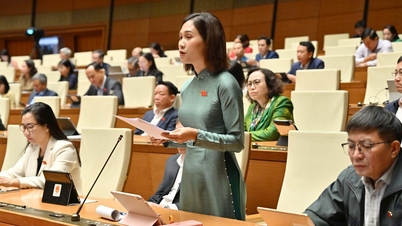









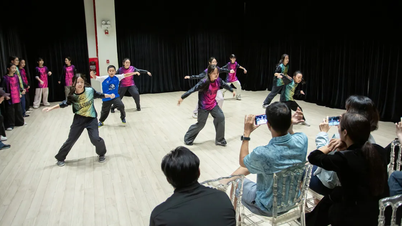
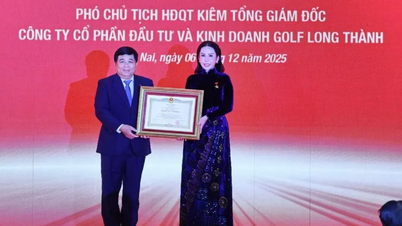
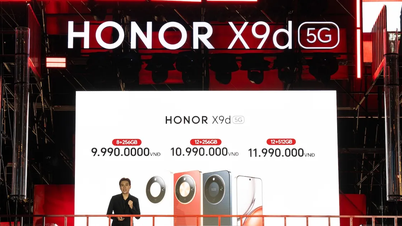
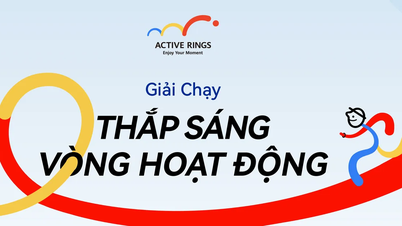
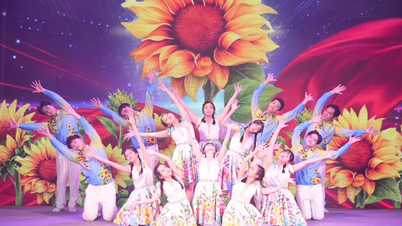








































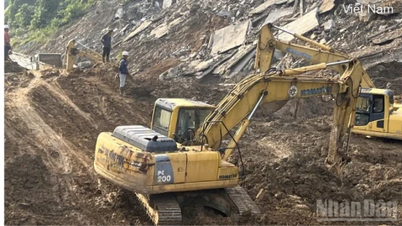

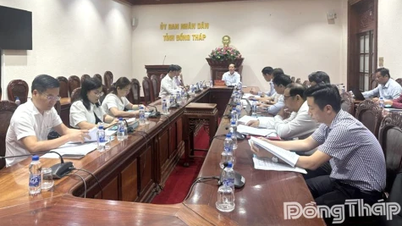
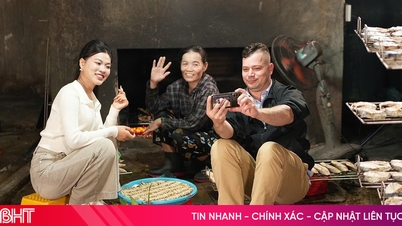

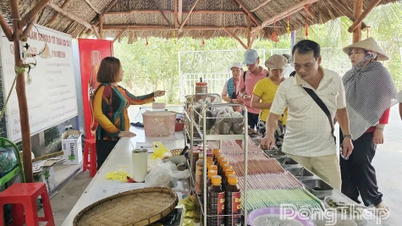
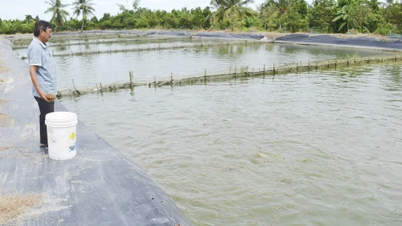








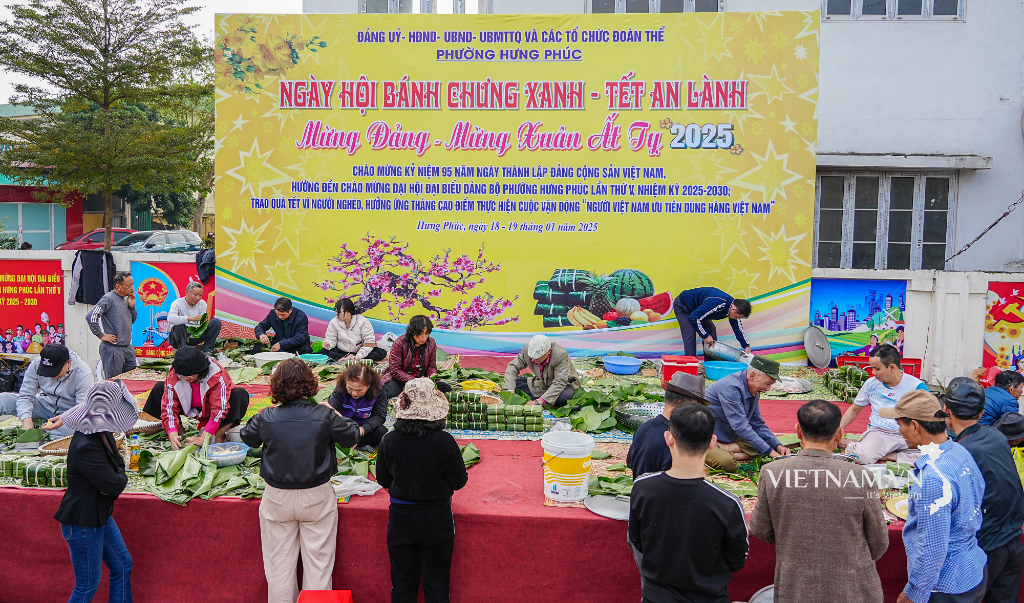







Comment (0)